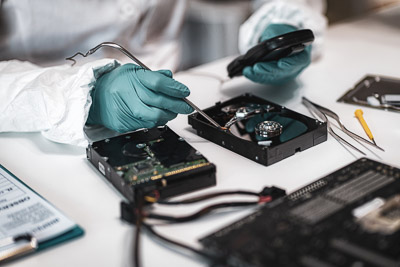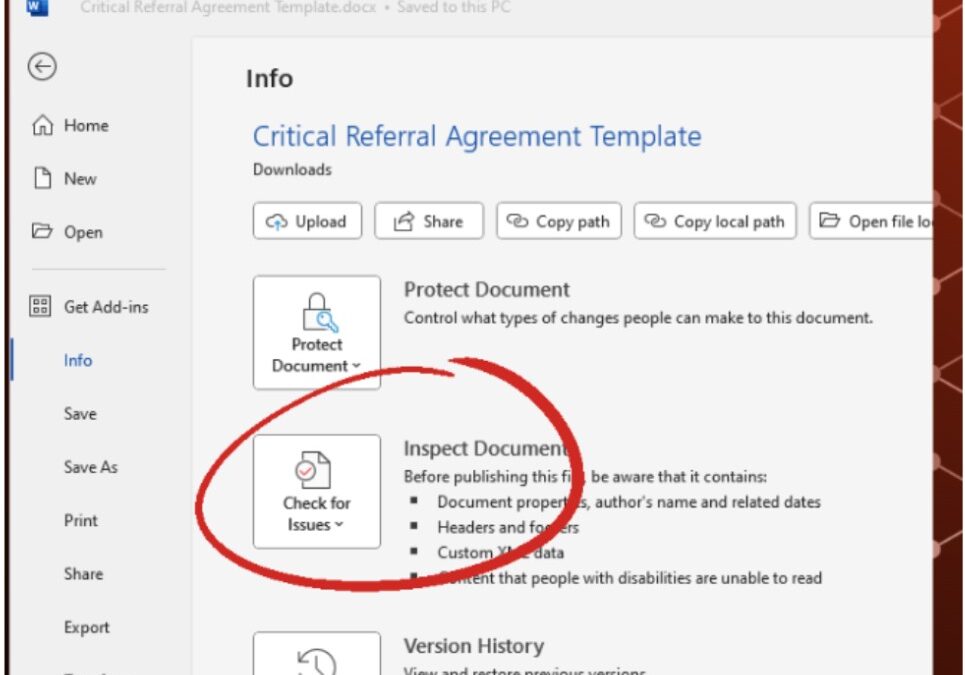The Rising Need for Digital Forensics
What is Digital Forensics?
According to US-CERT, Digital (Computer) Forensics can be defined “as the discipline that combines elements of law and computer science to collect and analyze data from computer systems, networks, wireless communications, and storage devices in a way that is admissible as evidence in a court of law.”[1] Digital forensics primarily deals with the process of collecting, analyzing, and documenting latent digital evidence. Digital forensics is a branch of forensic science and is often employed when digital evidence needs to be preserved for legal purposes.

Why is it necessary?
Having a Digital Forensic solution is an essential part of any enterprises’ cybersecurity program. Digital Forensics is a key pillar in the “Defense-in-Depth” approach to information security. Understanding the legal and technical aspects of computer forensics will help you capture vital information if your network/infrastructure is compromised and will assist in the prosecution of the responsible entities.
What’s the difference between incident response and digital forensics?
Digital Forensics can drive and augment incident response. Incident response efforts often leverage intelligent tools (e.g. Indicators of Compromise, signature rules, etc.) and are effective only when there is prior information about the vulnerabilities and mechanisms utilized in an attack. The effectiveness of these tools is inverse to the quantity of new and novel attack techniques and mechanisms utilized by threat actors. Digital forensic processes does not suffer from such issues, and can greatly improve and organizations resiliency and ability to recover from a cyber-incident. Additionally traditional IR efforts do not often preserve evidence in a fashion that would be admissible in a court setting.
What is eDiscovery?
Electronic discovery (eDiscovery) is a term referring to discovery process in legal proceedings. eDiscovery differs from traditional Discovery in that the information in question is in electronic/digital format (also known as ESI). Electronic discovery is dictated by rules of civil procedure and accomplished through formalized processes. Electronic information differs from paper information in various ways (intangible form, transient nature, persistence, etc.). and is usually accompanied by metadata (the preservation of which presents specific challenges)– and is of critical consideration when presenting digital information as evidence.
What is the Chain of Custody?
In Digital Forensics, the Chain of Custody is a process that documents the specifics of evidence collection (including the safeguarding, and analysis throughout its lifecycle) by notating each individual involved in the handling of evidence, when it was collected/transferred, and why it was collected/transferred.
Who is qualified to perform digital forensics?
A qualified digital forensic assessor must be proficient in multiple different domains of technical and administrative knowledge, this includes (but it not limited to) computer science, information assurance, information security, document control and review, metadata analysis, volatile memory extraction, etc.
Related Blog Posts

The Levels of CMMC 2.0 Compliance
Previously, we covered a brief history of the Cybersecurity Model Maturity Certification (CMMC) and touched on a few details of what it actually is. For this entry, we will be getting deeper into the internals of CMMC to begin breaking it down into its parts. CMMC was...

What is CMMC 2.0?
At this point, especially if you ever have contracted or subcontracted with the Federal government, you have probably at least heard the letters CMMC thrown about. There may have even been a twinge of trepidation surrounding the letters. But what do these letters...

Crypto Scams and What to Look For
First, standard disclaimer that this post is opinion and we are not licensed financial professionals, nor is anything meant to be taken as official financial advice. However, we have both direct and indirect experience with cryptocurrency and would like to share our...

How to Remove Metadata from Word Documents
What is Metadata? According to Britannica: Metadata, data about informational aspects of other data. For example, the date and time of a text message is metadata, but the text of that message is not. The term metadata is a portmanteau of data and meta- (in the word’s...

Newsletter
Subscribe To Our Newsletter
We've been creating some excellent webinars and local events. Join our mailing list for the latest on industry trends and strategies for cyber defense.
Need Immediate Assistance?
Give us a call (405) 771-6399
Headquarters
3841 E Danforth Rd, Ste 106, Edmond, OK 73034
110 E. Houston St, 7th Floor, San Antonio, TX 78205
Copyright 2024 - Critical Fault, LLC. | Privacy Policy


